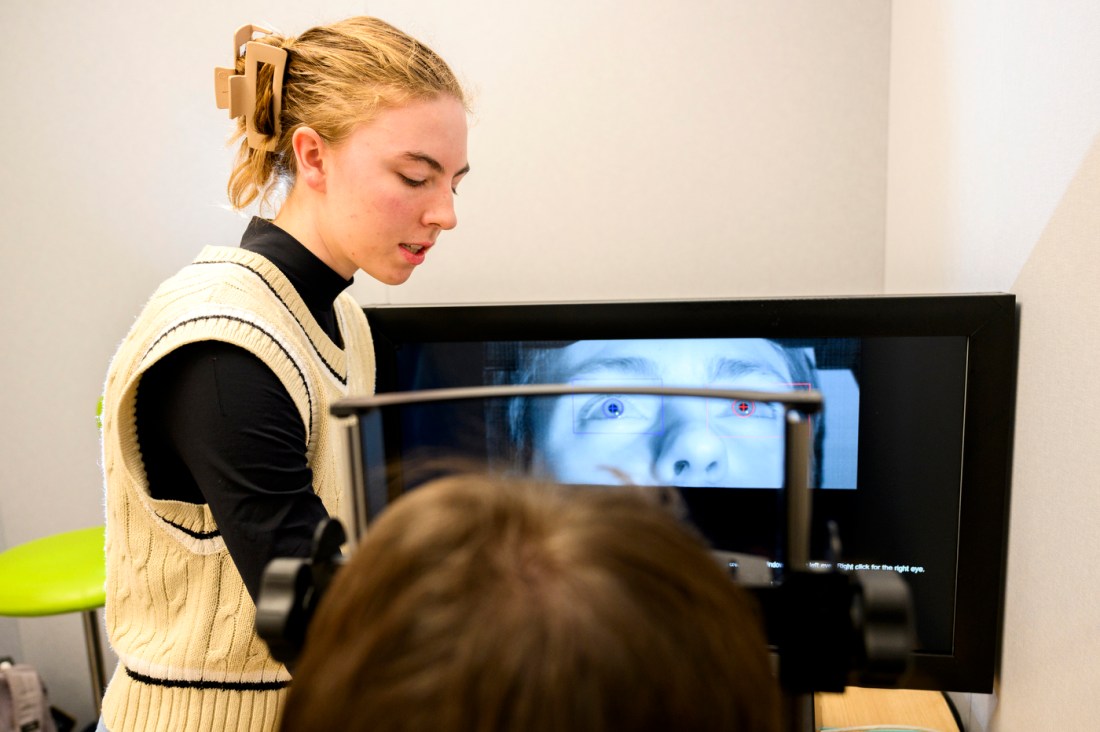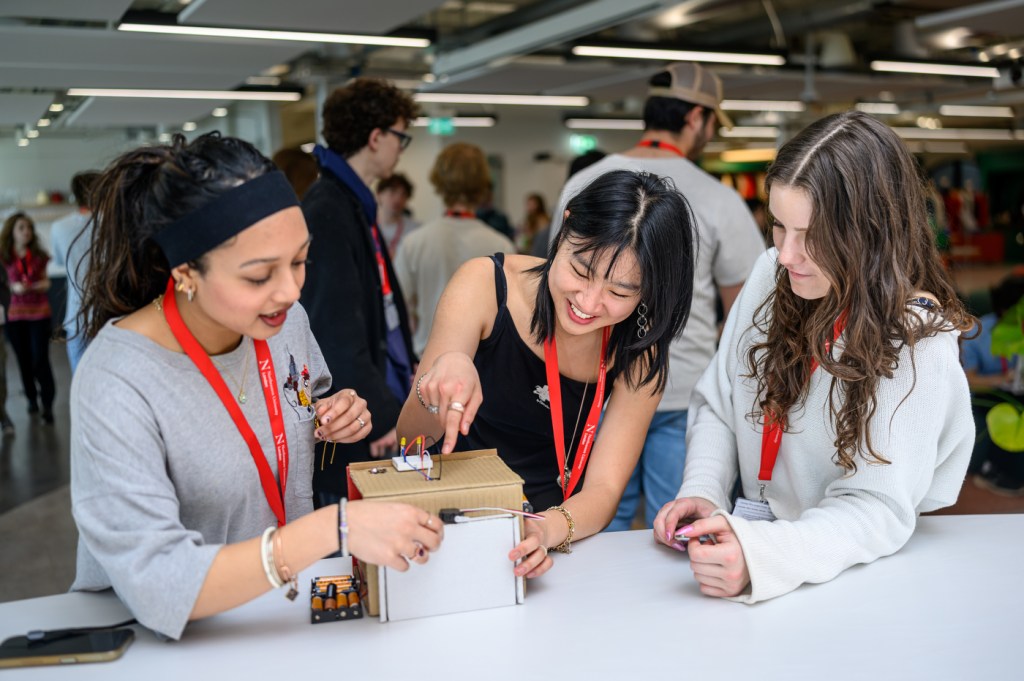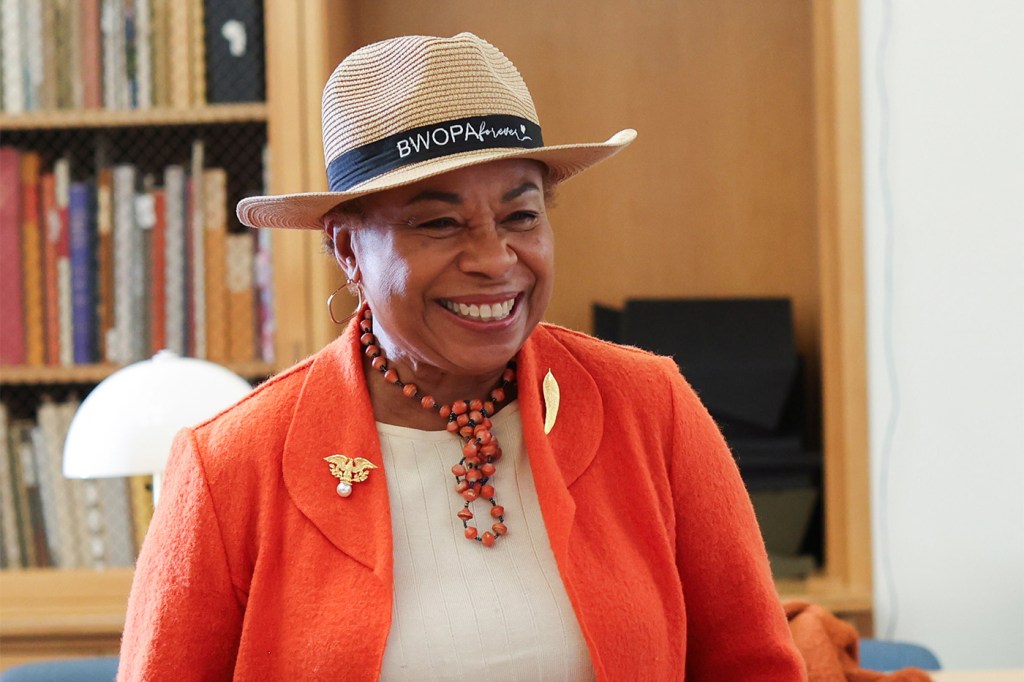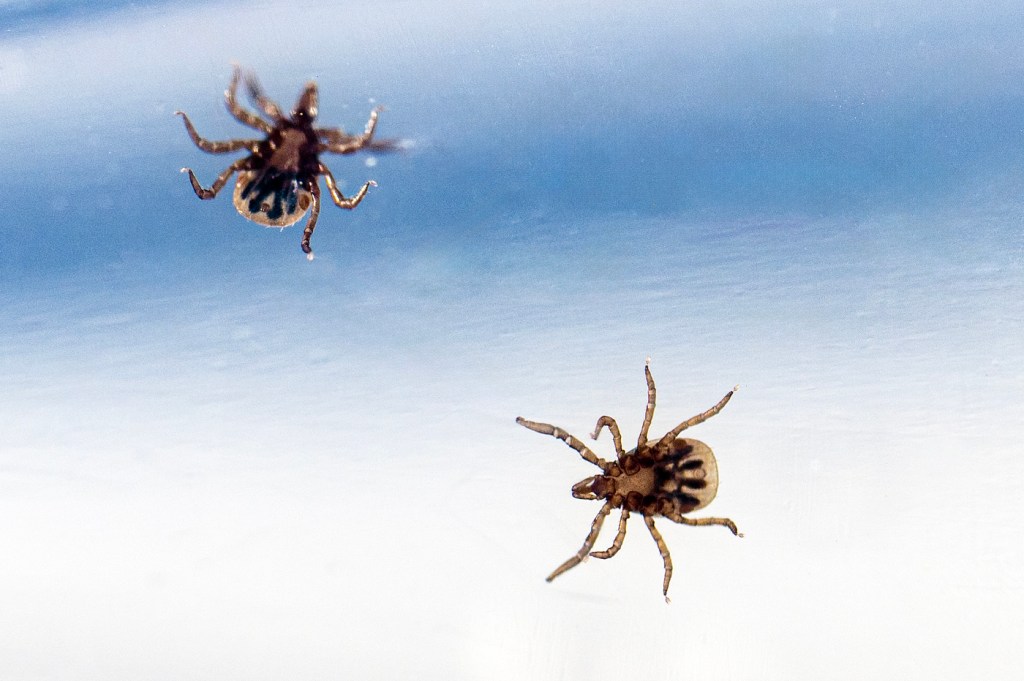Co-ops help neuroscience student compare research and patient care as she aims to shape career studying brain disorders
Northeastern University neuroscience student Ariana Mechem worked co-ops as a behavioral therapist with young children who have autism and as a research assistant in a brain center.

OAKLAND, Calif. — Ariana Mechem wants to understand what causes neurological disorders, either by working directly with patients or by doing research.
Or possibly both.
Mechem, a junior behavioral neuroscience major at Northeastern University, worked two co-op jobs last year — as a behavioral therapist with young children who have autism and as a research assistant in Northeastern’s Brain Game Center. She says the experiential learning helped her formulate her career objectives.
“I wanted to be able to compare research to being a behavioral therapist, which was originally my pathway,” she says. “This helped me decide which route I wanted to go after I graduate.”
Working part time with Dreamlane, a Bay Area-based autism treatment provider, Mechem made home visits to implement individualized behavioral therapy programs, including social skill-building and communication strategies.
It was Mechem’s first experience working with high-need children. Sessions lasted up to three hours and took place two to three times a week while a board-certified behavioral analyst supervised sessions remotely.
“A lot of the time it would be just me, the child and the parent,” she says. “It was really rewarding seeing them progress, especially the nonverbal children who progress much more slowly than verbal children.”

It’s common for people with autism to have difficulty understanding and responding to social cues. With her verbal patients, Mechem worked on making “small talk.” One 6-year-old struggled to understand how to answer when she asked him the question, “How are you?” Over the course of several weeks, she worked with him on possible answers.
The work paid off.
“One of his parents told me that a family member asked him, ‘How are you?’ and he said, ‘Oh, I’m good,’” Mechem says. “He can actually communicate with other people. That’s really exciting.”
With other children, Mechem worked on much simpler communication. For nonverbal children with autism, asking for something is a skill they need to practice, she said, so she used rewards to help keep children motivated. Sometimes, the reward was a toy the child liked or, more often, a snack.
If a nonverbal child successfully signed for more of the snack they liked — by bringing their hands together in O shapes with the fingertips touching — they got a treat. For one 4-year-old, it took weeks to master this skill.
“It’s a really slow process and it was really rewarding finally seeing him be able to do it,” she said.
More in University News

Poker-playing robot among stars at Northeastern students’ research expo

Small business owners turn to Northeastern students for AI expertise to reach the next level

Northeastern Bevi co-op brings his design chops to the well-known flavored water company

First-year Northeastern student is expanding his education technology startup
As a research assistant, Mechem worked in the Brain Game Center on the Oakland campus with Northeastern psychology professors Aaron Seitz and Susanne Jaeggi.
Part of her work involved assessing which games might be most effective at improving cognitive function for older adults living with HIV, who often experience earlier cognitive decline than people without HIV.
“We were testing their cognitive function in the beginning,” she said, “and then seeing whether or not their cognitive function changed at all after they had looked at the games.”
While the two co-ops involved very different populations, they both gave Mechem the opportunity to work directly with neurological issues. After six months spending her weeks both working directly with children and assisting with research, she had a clearer idea of what she wanted to do next.
“It helped me narrow my interests,” she said. “I learned a lot interacting with families and children, but I think I enjoyed research more.”
For her next co-op Mechem will work at Boston Children’s Hospital on a study of sensory encoding in children on the autism spectrum.
“I am really interested in understanding what’s happening with the neuronal pathways that’s causing these conditions to happen,” she said, “and then how our treatments affect these pathways.”
University News
-
 Photos: Oakland marketplace, student wellness and robotic breakthroughs
Photos: Oakland marketplace, student wellness and robotic breakthroughs -
 Trialled on Tower Bridge and ready for toxic zones — Northeastern students show off their market-ready engineering products in London
Trialled on Tower Bridge and ready for toxic zones — Northeastern students show off their market-ready engineering products in London -
 Barbara Lee, Mills College graduate and longtime U.S. representative, elected mayor of Oakland
Barbara Lee, Mills College graduate and longtime U.S. representative, elected mayor of Oakland



